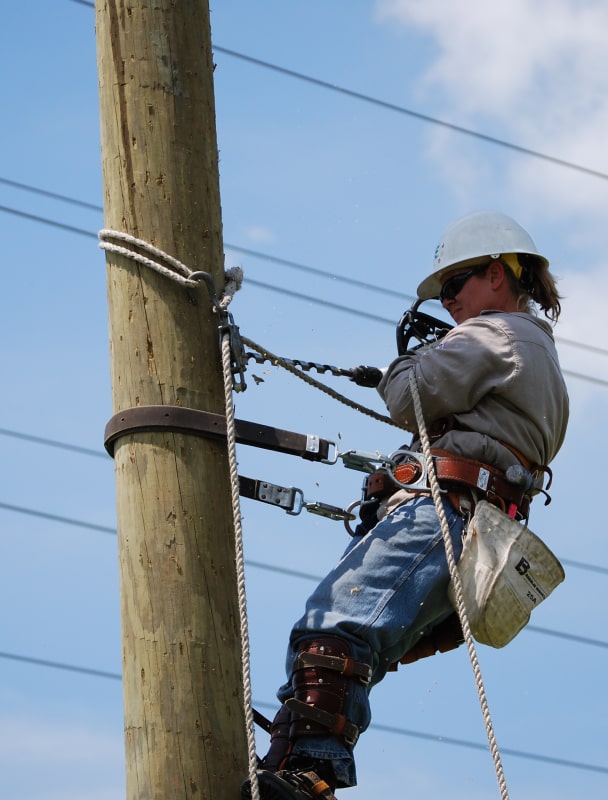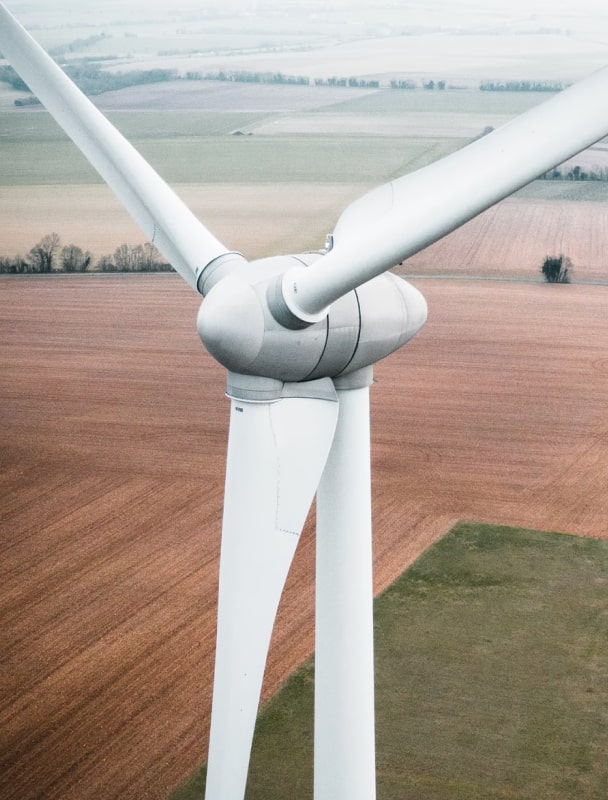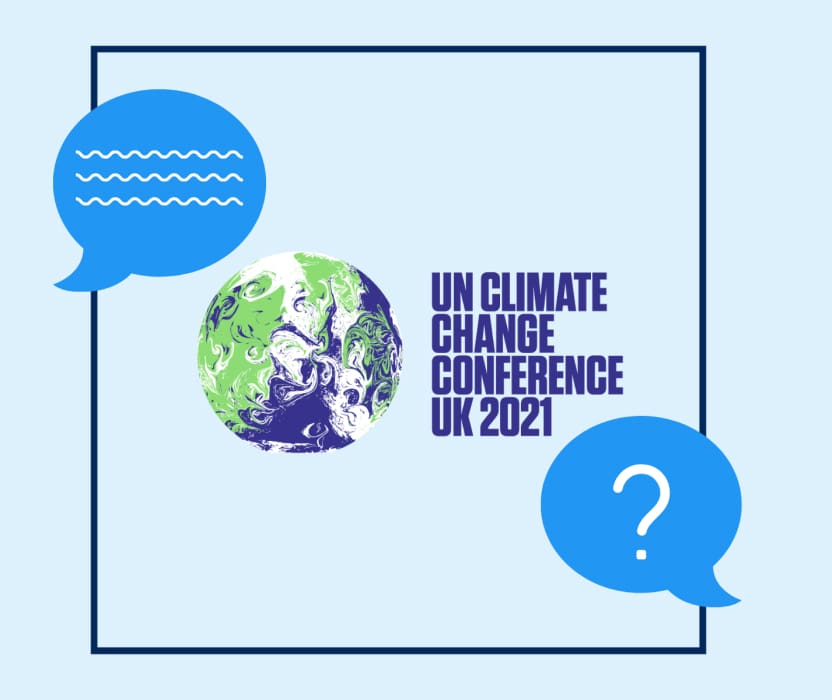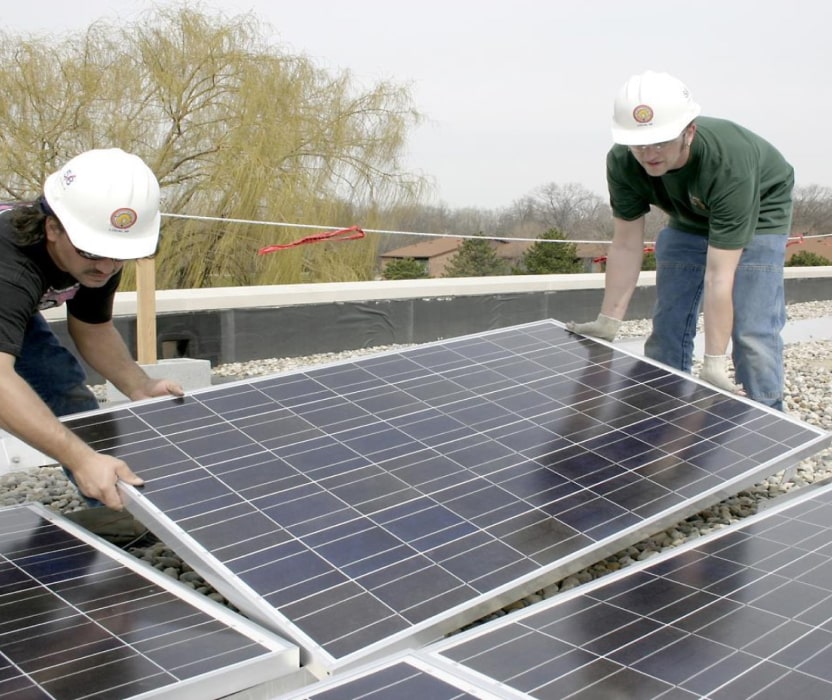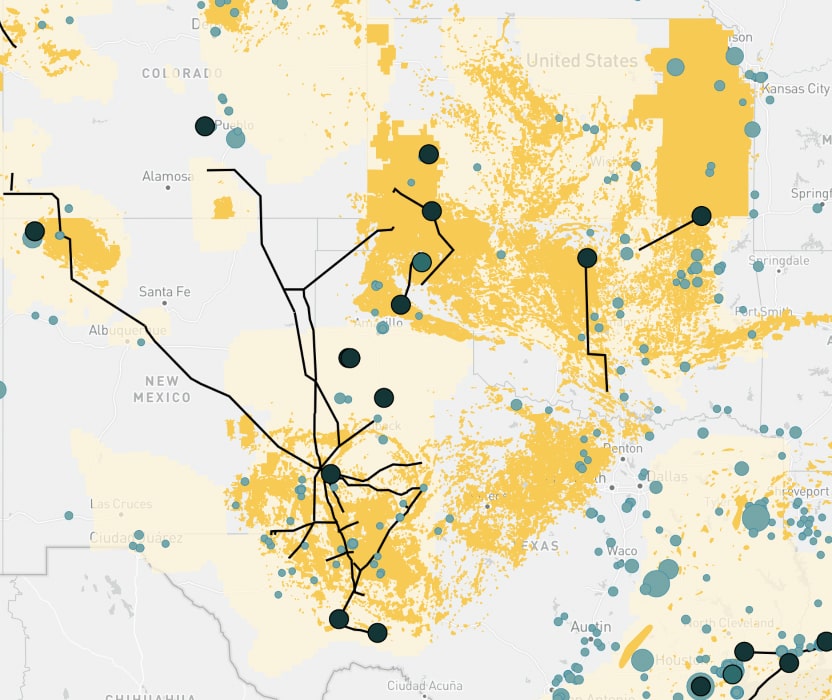Labor Energy Partnership — Uniting climate and labor priorities in a shared vision for a low-carbon energy future.
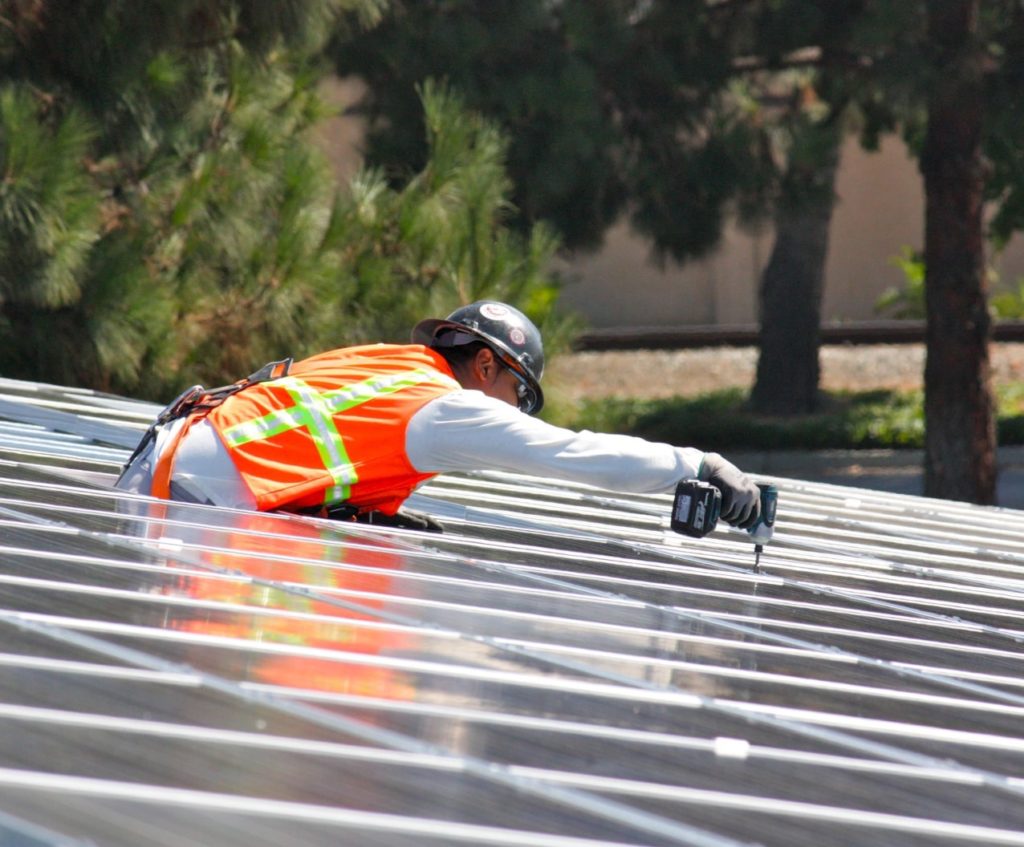
Formed in 2020, the Labor Energy Partnership is a collaboration between the EFI Foundation and the AFL-CIO to support the 7.5 million workers in the U.S. energy sector and spur economic growth through research to identify actionable recommendations for clean energy policy.
To achieve this, LEP develops innovative, technically sound, place-based solutions to the climate crisis that are rooted in social and economic justice, and creates and sustains high-quality, union jobs.
LEP regularly conducts new and policy-relevant research to address the climate crisis and support working people across America.
From full-length reports to whitepapers, our team of experts in the labor and climate science spaces delves into critical, place-specific questions. Our products seek to provide roadmaps to help get us to an equitable, inclusive clean energy future.
Focus of Partnership
Convening Stakeholders
The LEP team regularly conducts new and policy-relevant research to address the climate crisis and support working people across America.
Thought Leadership
With an accomplished and storied leadership from the AFL-CIO, the EFI Foundation, and union affiliates like IBEW and UMWA, the LEP is routinely at the forefront of the local and national conversations related to jobs and the climate.
Public Engagement
The LEP team engages the public at many levels. We host meetings and workshops, offer testimony to policy makers, and engage union members, reporters, elected officials, and supporters via social media. A transition cannot succeed without the engagement and partnership of the very workers who will build a clean energy future.
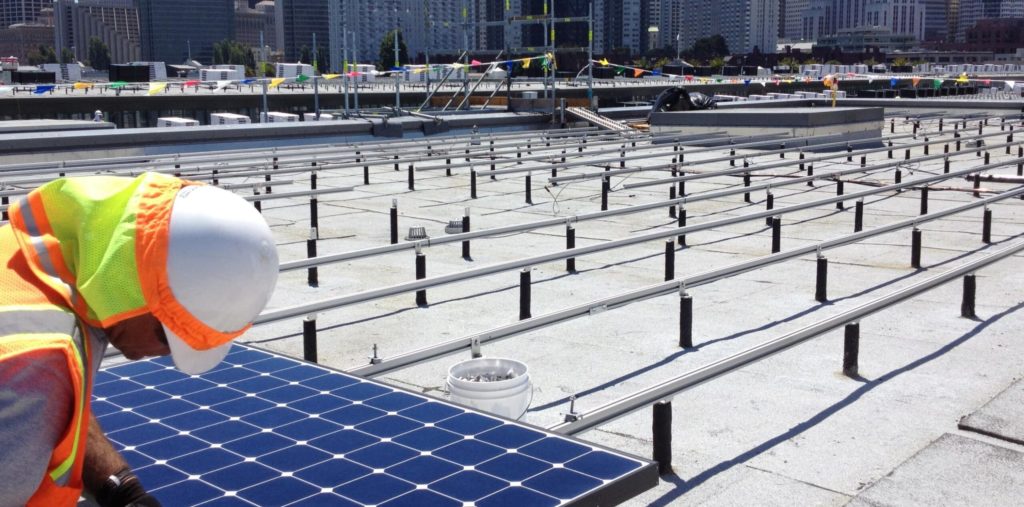
History
An action-based partnership to promote the technologies that will create high-quality jobs
Industrial transitions have rarely been smooth. They have been typically marked by community and worker dislocations with significant regional disparities, disproportionate impacts on minority communities, and the fraying of existing social institutions, including public education systems, local government services, unions, and even religious organizations.
Whether technology or policy-driven, the US has had an uneven track record of managing industrial transitions in ways that provided the impacted employees and their communities with the tools and resources to rebuild.
Today’s transition to a low-carbon economy is being enabled by the growing competitiveness of new technologies and will be shaped by trade agreements and other public policies, but these are not its primary causes. The origins of this transition are grounded in the need to address the existential threat of climate change and will be driven in large part by public actions, programs, policies, and investments designed and implemented by federal and state governments to regulate and subsidize the growth of low-carbon technologies.
It is the duty and obligation of policymakers to embrace solutions to industrial dislocation as fundamental to a clean energy economy transition’s design and implementation, technological evaluation, and how regions and localities are supported.


